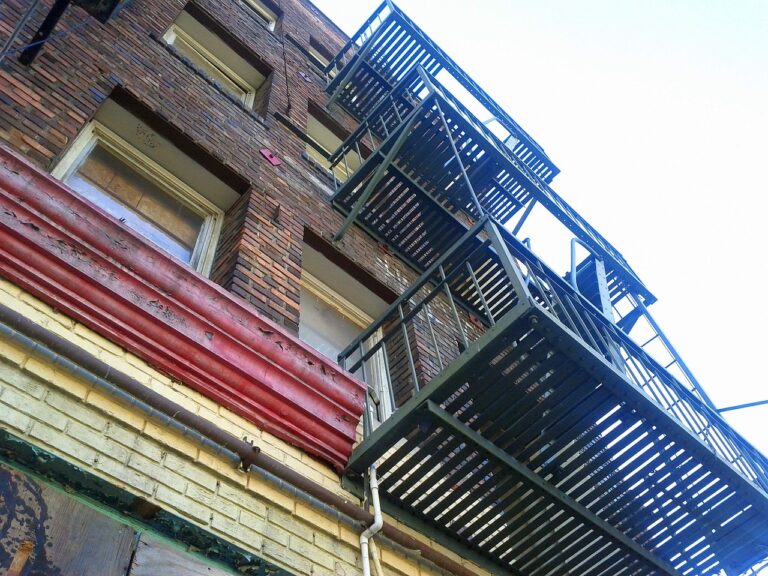In the previous post we shared with you how the Covid-19 crisis affects home rental. Now we will see how it affects the commercial lease (shops, restaurants, hotels, etc.).
The most tangible measure is the moratorium on mortgage debt for entrepreneurs and professionals who have suffered a substantial loss of income (article 19 of RD-L 11/2020).
On March 17, the Government introduced by Royal Decree-Law 8/2020 the moratorium on the payment of the mortgage contracted for the acquisition of the usual home for those tenants considered vulnerable due to the economic crisis caused by the Coronavirus.
The novelty introduced by Royal Decree-Law 11/2020, of March 31, which adopts urgent additional measures in the social and economic field to deal with COVID-19 (which entered into force on April 2) is an extension of the hypotheses of mortgage payment moratorium for those debts or mortgage loans contracted for the acquisition of real estate affected by the economic activity that businessmen and professionals develop for the purposes of article 5 of the VAT Law, provided that they are natural persons, who have suffered a substantial loss of income or a substantial drop in their turnover of at least 40%.
An appeal for negotiation … and nothing more.
Beyond this mortgage moratorium, RD-L 11/2020 does not foresee any type of measures to mitigate the economic impact caused by the health crisis in the successive leases of different use of housing, leaving the fate of said contracts to the negotiation between the parties.
After the temporary suspension of the premises open to the public decreed by article 10 of Royal Decree 463/2020, of March 14, (those included in the Annex: bars, etc.), all businesses not considered essential by the Royal Decree – Law 10/2020, of March 29, 2020, have been forced to close and suspend their activity. This affects not only the premises open to the public as originally planned, but also offices and other business premises not considered essential. Royal Decree 487/2020 of April 10 (yesterday) has allowed to reopen the premises and offices, even if they are not essential, provided they are not expressly prohibited in the Annex of RD 463/220. In other words, most of the office buildings will only have been “closed” by prohibition to open between March 29 and April 13.
Many businesspersons wonder whether they should continue to pay the rent since, unlike housing leases, the consideration they should receive (the enjoyment of the premises) has been frustrated by the measures taken by the Government.
In the absence of any alternative measure, does the rebus sic stantibus clause apply to the leases of business premises or office, the activity of which has been forcibly stopped?
The rebus sic stantibus clause is a clause of jurisprudential creation that is applied as an exceptional measure to modify or resolve the contractual relationship in those obligations in which unforeseen and unforeseen circumstances have occurred that directly impact the economic base of the contract producing a disbalance of the benefits.
The application of this measure, as it cannot be otherwise, is subsidiary to the existence of a force majeure clause in the contract itself that allows for the absorption of the contractual risks generated by the coronavirus, since the principle of autonomy of will of the parties prevail. However, few contracts include that clause in detail.
The rebus sic stantibus clause was used by judges in contractual conflicts that arose during the past economic crisis. However, the unexpected impossibility suffered by companies is not absolute, but temporary, seeking not a resolution but a suspension of the contract until the activity can be resumed.
Given that the law does not provide for the suspension of contracts, a sector of the doctrine asks whether, for these cases and under article 4.1 of the Civil Code, an analogical application of article 26 of the 1994 Lease Law (“LAU”) could occur. Article allows the contract to be suspended if a competent authority agrees to carry out works on the rented dwelling that make it uninhabitable.
To all this, we must not forget that the realistic and constructive negotiation between the parties must always precede the judicial process.





